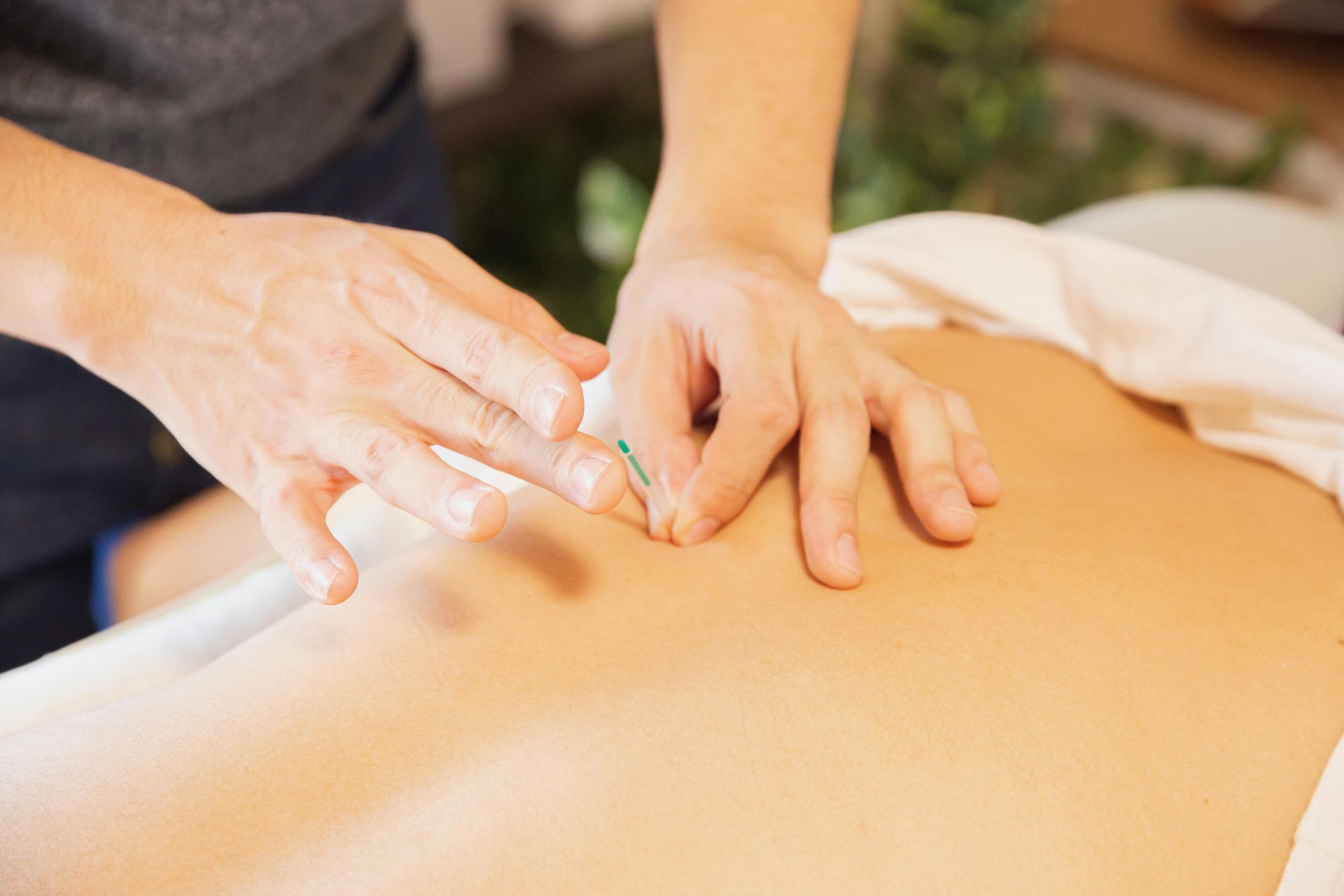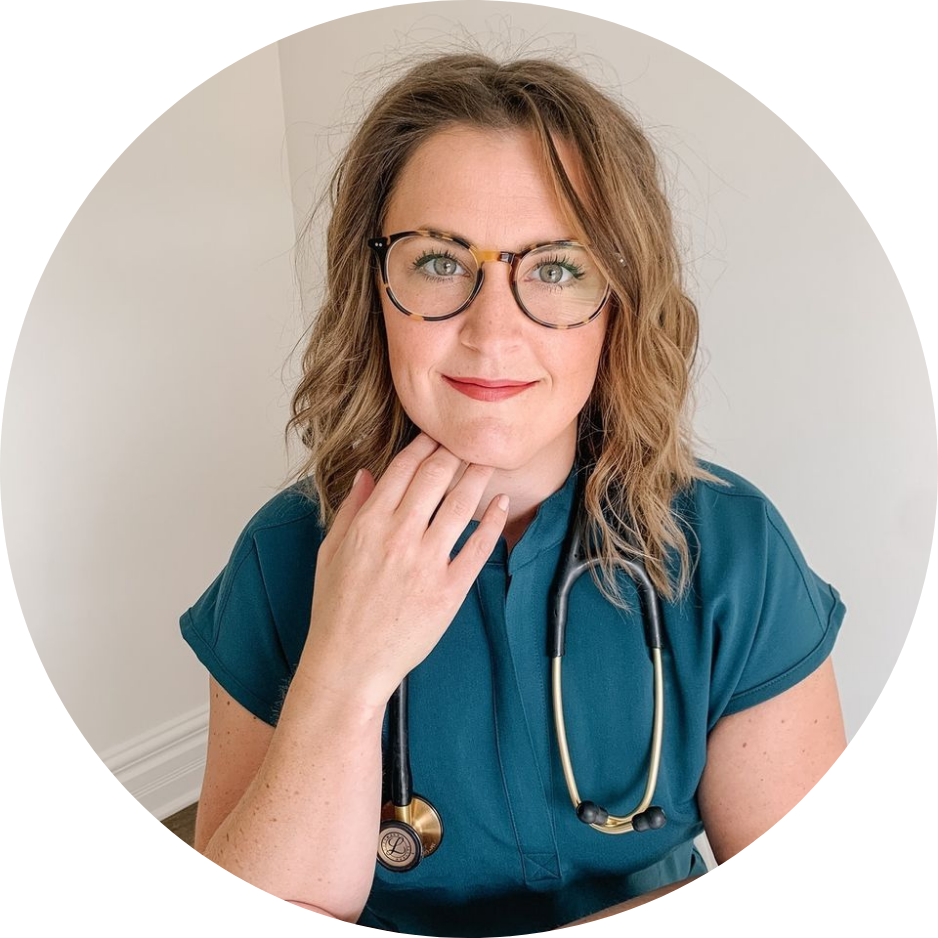Headaches & Migraines
Serving Cornwall, Hawkesbury and surrounding areas
Migraines and headaches are a common complaint yet can be debilitating for some. There are more than 300 types of headaches. Symptoms can vary based on type but the most common type is tension headaches. Migraines and headaches can last anywhere from a few hours to a few days.
Natural Support for Overcoming Depression
"Do excruciating, debilitating or nagging chronic headaches & migraines prevent you from accomplishing everything and spending quality time with your loved ones? You’re not alone! That was me too – and many patients just like you – until I discovered Naturopathic Medicine. Together we can uncover the root cause and triggers of your headaches and migraines (my big one was food sensitivities). This allows you to navigate and avoid them better, and reduce the frequency and severity of your migraines and headaches so you can get back to doing more of what you love – headache and migraine free!"
– Dr. Veronique Theriault, ND
Headache Symptoms
Common symptoms include:
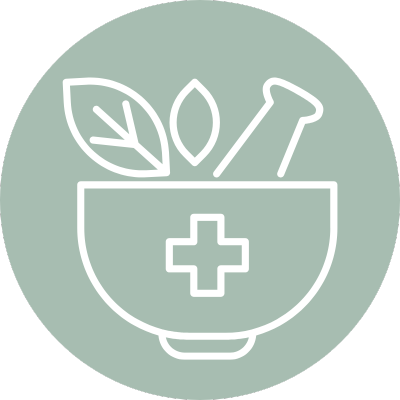
Temples, forehead, back of head, neck, behind or over left or right eye, right or left side of head
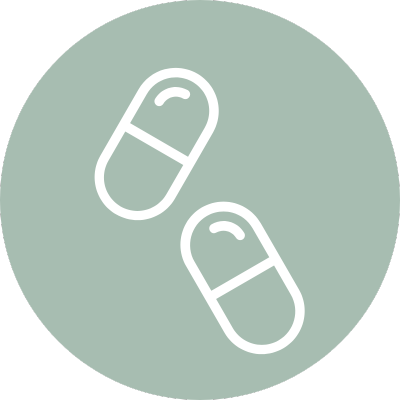
Sinus pain
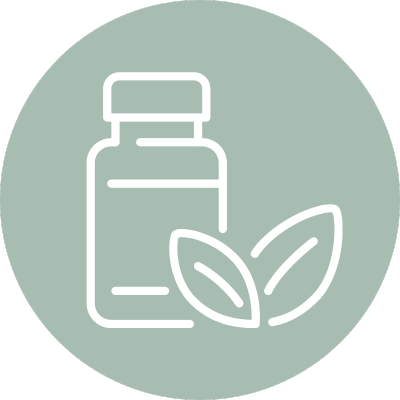
Dull pain, tightness, or pressure around your forehead or the back of your head & neck
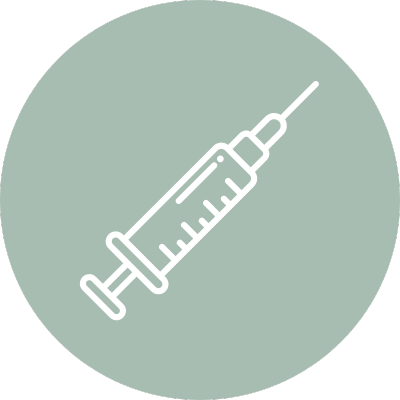
Sharp pain in jaw or temples
Migraine Symptoms
Migraine is a neurological condition that is intense or severe and often has other symptoms in addition to intense pulsing from deep within your head. This pain can last hours to days.
Symptoms associated with a migraine headache include:

Nausea

Vomiting

Pain or throbbing behind one eye or ear or temple

Sensitivity to light and/or sound
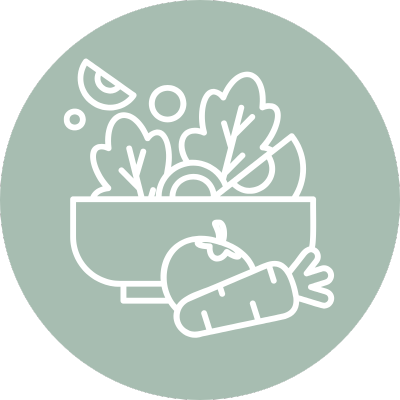
Numbness and tingling
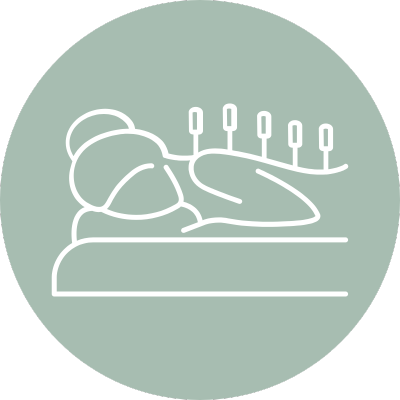
Changes in vision
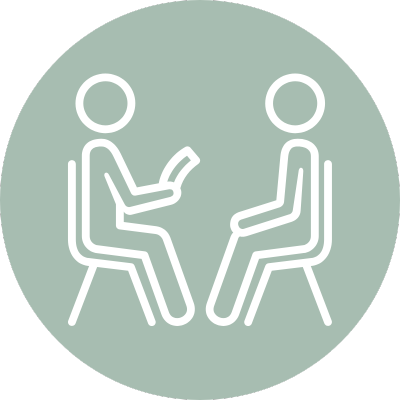
Fatigue and difficulty concentrating

Irritability
What Causes Headaches & Migraines?
A primary headache is caused by overactivity of or problems with pain-sensitive structures in your head. A primary headache isn’t a symptom of an underlying disease. Chemical activity in your brain, the nerves or blood vessels surrounding your skull, or the muscles of your head and neck (or some combination of these factors) can play a role in primary headaches.
Although not the same condition, headaches and migraines have many of the same causes and triggers:
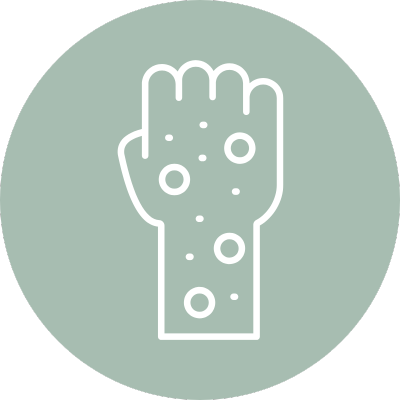
Allergies and histamine issues
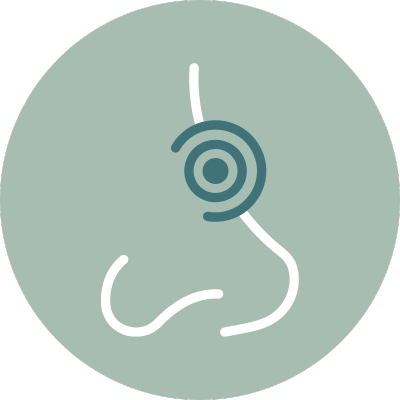
Sinus infections and congestion
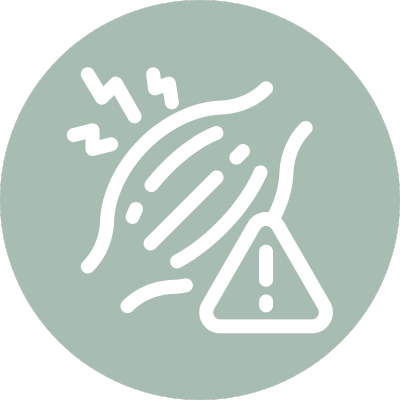
Muscle tension – especially
in neck and TMJ
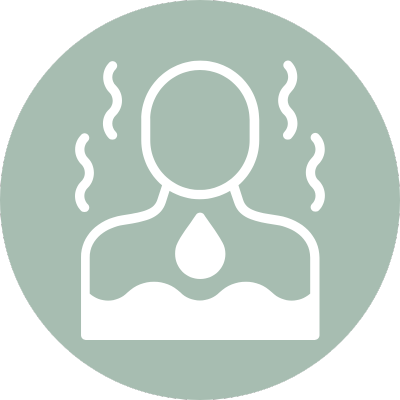
Dehydration
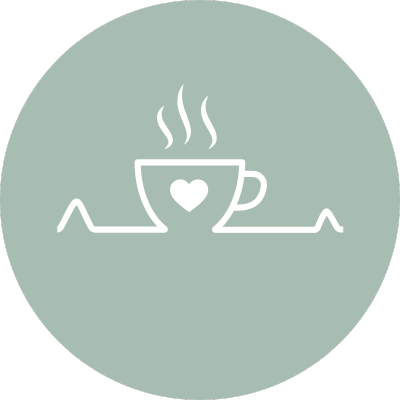
Caffeine
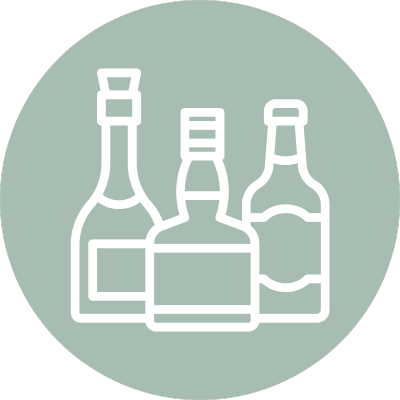
Alcohol
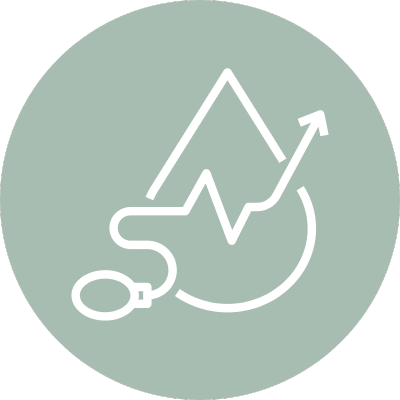
High blood pressure
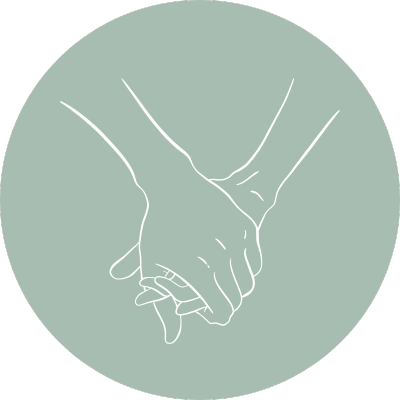
Sex
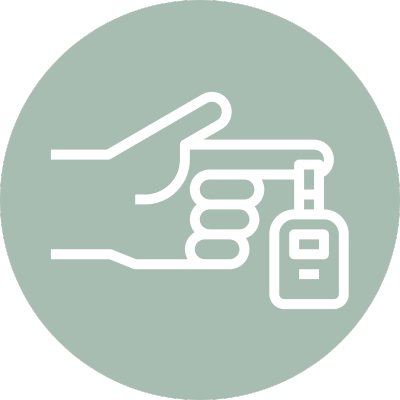
Blood sugar imbalances
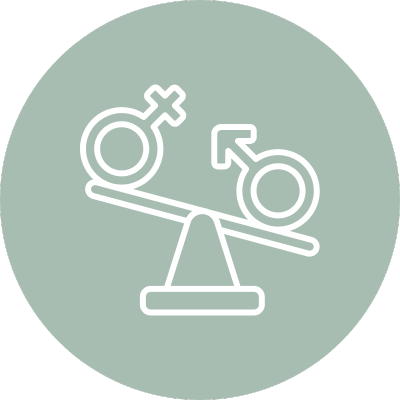
Hormonal imbalances (periods and ovulation)

Concussion & traumatic
brain injury
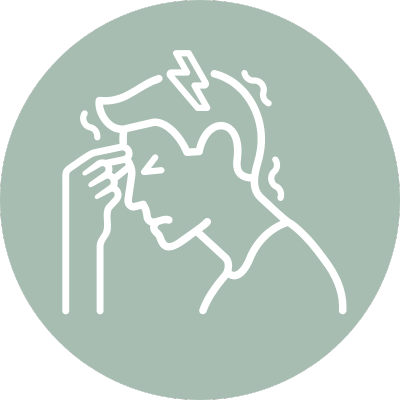
Rebound headaches from medication
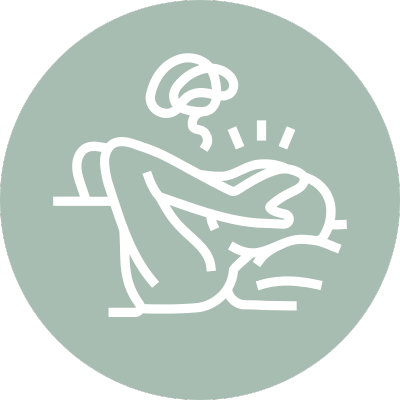
Lack of sleep
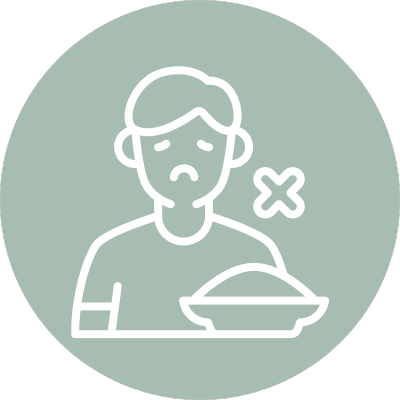
Not eating
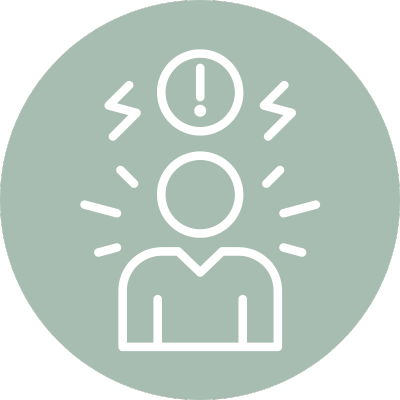
Sensory overload
Treatments for Migraines
There are no cures for headaches or migraines. HOWEVER, the more you understand the causes of your headaches or migraines, what they mean, why you struggle with them, and what you can do to stop and prevent them, the more you’ll be able to start making real progress.
By using a holistic, personalized approach, we can get you headache relief.
Meet Our Team
We have assembled a team of dedicated holistic practitioners to support you and your health.
Dr. Véronique Theriault
Naturopathic Doctor
What does all this mean for you?
You can get the health (and health care) you deserve, feel better than ever before and live your best life with more love, more quality time with the people you love, more adventures and more joy.


